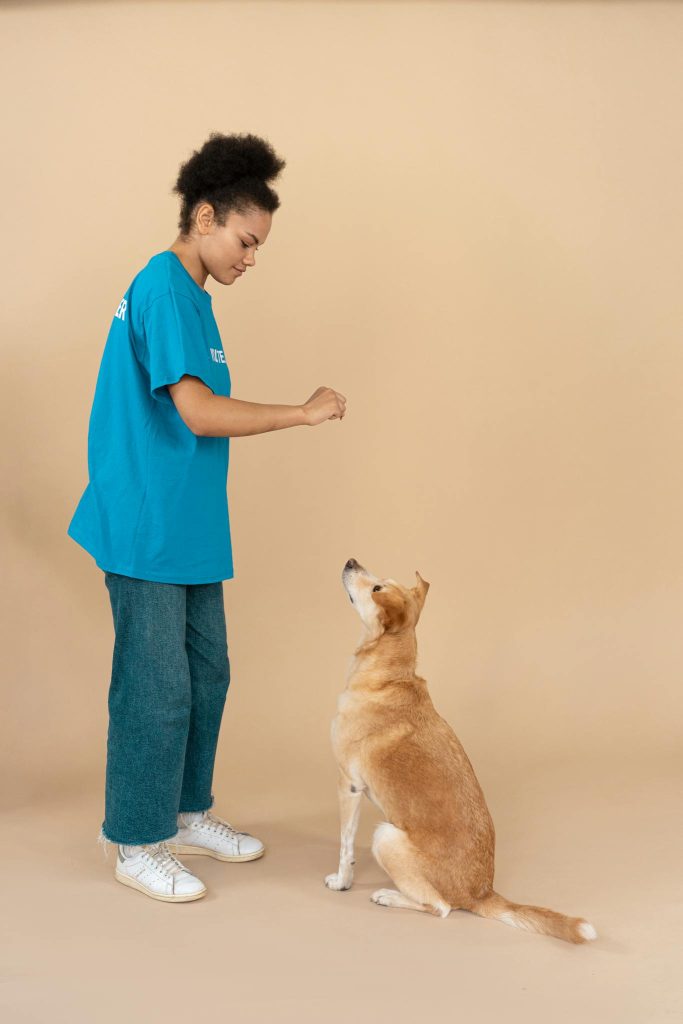How to Train a Puppy: 7 Essential Tips for Beginners

Bringing a new puppy home is exciting, but it also comes with challenges — especially when it comes to training. Whether you’re raising a Labrador, a poodle, or a rescue mix, early training sets the foundation for a well-behaved dog. In this guide, we’ll walk you through seven essential puppy training tips every beginner should know.
1. Start with a Routine
Puppies thrive on consistency. Establish a daily schedule for feeding, potty breaks, playtime, and sleep. This helps your puppy learn when to expect things and reduces anxiety.
Tip: Take your puppy outside to potty every 2–3 hours and after eating, drinking, or waking up.
2. Use Positive Reinforcement
Reward your puppy for good behavior with treats, praise, or toys. Positive reinforcement is proven to be more effective than punishment in teaching obedience.
Example: When your puppy sits on command, immediately say “Good sit!” and offer a small treat.
3. Begin Crate Training Early
A crate is not a punishment — it’s a safe, cozy place for your puppy to rest. Crate training also helps with housebreaking and prevents destructive behavior when you’re away.
Pro Tip: Make the crate comfortable with a soft bed and introduce it gradually using treats.
4. Teach Basic Commands
Start with simple commands like “Sit,” “Stay,” “Come,” and “Leave it.” Short 5–10 minute training sessions work best for young puppies.
Consistency is key — use the same words and hand signals each time you give a command.
5. Socialize Your Puppy
Expose your puppy to new sights, sounds, people, and other animals early on. Proper socialization prevents fear-based aggression and builds confidence.
Try this: Take your puppy on short walks, introduce them to friends, or visit a dog-friendly park.
6. Avoid Common Mistakes
Never yell or hit your puppy — it can damage trust and lead to fear. Avoid inconsistent training, such as sometimes allowing behavior you later punish.
Solution: If your puppy misbehaves, redirect their energy with a toy or a new command.
7. Be Patient and Persistent
Training doesn’t happen overnight. Puppies will make mistakes — and that’s okay. Stay calm, consistent, and celebrate small wins along the way.
Reminder: Even 10 minutes of daily training can lead to big progress over time.
Final Thoughts
Training a puppy is one of the most rewarding parts of being a dog parent. By starting early, staying consistent, and using positive techniques, you’re setting your dog up for a happy, well-behaved life.
Want more training tips? Explore our Dog Training hub for detailed guides, videos, and real-life success stories.